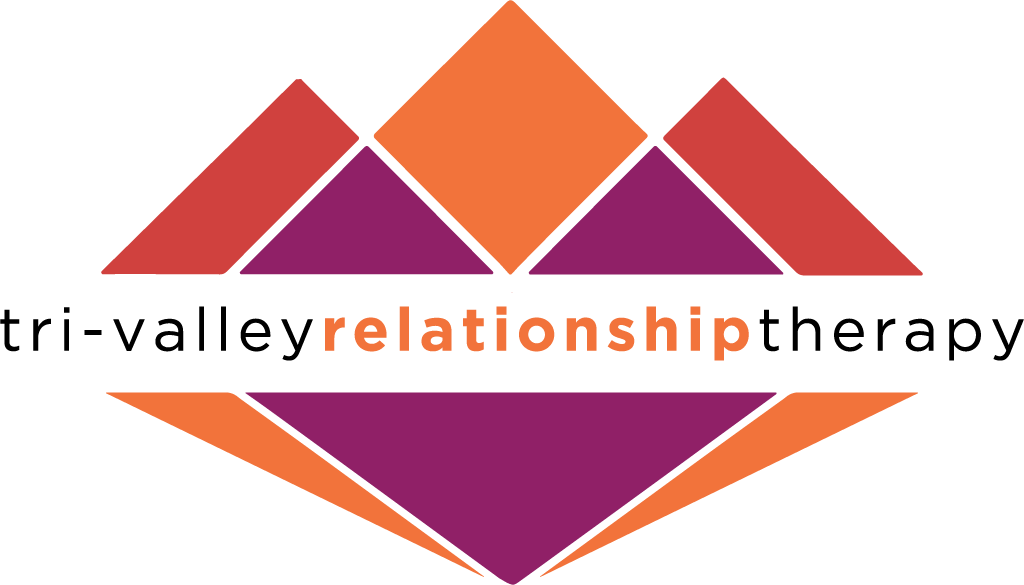Holiday Tips For Couples
Couples counseling at Tri-Valley Relationship Therapy, Inc. in Dublin & Oakland can help you and your partner cultivate a more loving, secure and connected relationship
Holidays are right around the corner!!! For some of us, along with the holiday cheer, comes the dread of being around difficult family members. For couples especially, such feelings of anxiety and dread might be even more complicated, if the family members happen to be parents or in laws. In this article, I am sharing a few helpful strategies for couples facing similar situations over the holidays and during other family gatherings.
One of the approaches that I use in my work with couples is the Psychobiological Approach to Couples Therapy or PACT. The most fundamental tenet of PACT calls for partners to put each other first and take a vow to protect each other in private and public, in order to achieve a secure, connected and healthy relationship. The pact in question is a promise between partners that no matter what happens, they will always be on the same team. This commitment towards each other’s well being greatly enhances the safety and security of the relationship.
The following strategies are drawn from the same PACT model of secure functioning relationships:
1. Planning ahead
It is helpful to start the conversations about the upcoming family events with your partner early on so that you both can put your heads together and come up with a plan. Such conversations are also a safe context for either partner to share their fears, concerns and anxiety as long as the other partner remains open, receptive and empathic. The planning piece should consist of details such as when you both want to get to the event, how long you want to stay and what cues you both will use to signal to other that you are in distress. If you are hosting the event, you can have discussions about the structure and duration of the gathering.
2. Reinforcing team unity
Reiterating and reinforcing to each other that you and your partner are a united team can be very helpful in alleviating anxiety about the upcoming family event. I suggest that you and your partner collaborate and mentally come up with an image or two that symbolize you both vs. the world. Use your collaborative imagination for the image and access the image when either one of you is feeling uncertain or unsure.
3. Check in with each other
At the family gathering or event, check in with your partner periodically to make sure they are ok. You can agree on certain cues beforehand that you both can use to communicate with one another without letting others know. Frequent eye contact and subtle verbal check in’s such as a quick “everything ok?” can be very helpful.
4. Recognize distress signals
Scan your partner’s body language, facial expressions and verbal messages for any signals indicating that they are in distress. If you see your partner being cornered by a difficult family member, intervene in a creative way so that you can provide comfort and support to your partner without being rude to others.
5. Use touch
Utilize every chance you get to be physically close to your partner. Sit next to each other at the dinner table or on the couch, hold hands, hug each other or rub your partner’s back. Physical touch and closeness convey safety and reassurance.
6. Don’t let your partner become the outsider
In situations where your partner doesn’t know a lot of people or perhaps is attending your family’s gathering for the first time, don’t let your partner become isolated. If it is apparent to you that your partner appears to be left out or is isolated, include them in your conversations and don’t leave their side.
7. Stick to the plan
This is the most important tip- don’t deviate from the plan you both agreed to follow beforehand. If you both decided to leave after a certain time, make sure that you do. Don’t ignore your partner’s cues that they are becoming overwhelmed and perhaps would like to leave sooner.
8. Keep your eyes on the prize
Have something fun and happy planned for you and your partner, after the family event. Maybe it’s a quiet evening together, a romantic getaway or a celebration for just the two of you! Have something wonderful to look forward to, full of holiday cheer and gratitude for having each other!!
Written by: Nagma V. Clark, Ph.D., L.P.C.C. specializing in sex therapy, couples therapy & marriage counseling, premarital counseling, individual relationship therapy & LGBTQQI couples counseling at Tri-Valley Relationship Therapy, Inc. in the East Bay, in Dublin & Oakland.
If you and your partner are interested in improving your connection and strengthening your relationship, couples/marriage counseling at Tri-Valley Relationship Therapy, Inc. in the East Bay can help. Dr. Clark utilizes an integrative approach to help couples strengthen all facets of their relationship.
Call 925-400-3541 or email doctor.nvclark@gmail.com to schedule a free 15 minute phone consult or fill out the contact form and you will be contacted within 12-24 hours.

